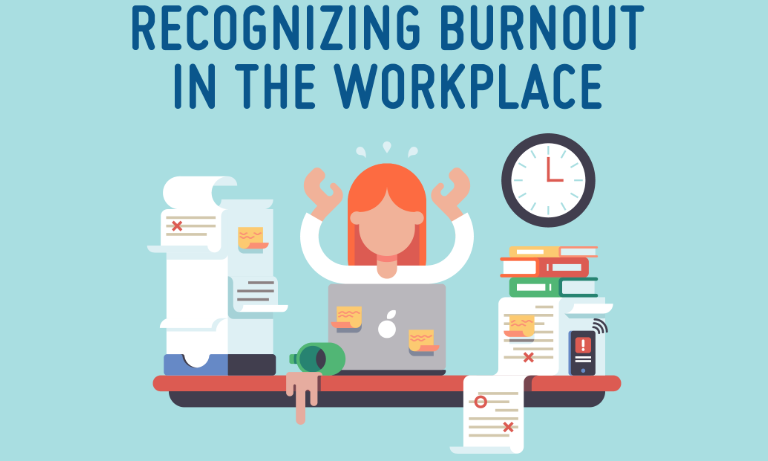 The International Classification of Diseases (or ICD) previously mentioned burn-out in its tenth edition
The International Classification of Diseases (or ICD) previously mentioned burn-out in its tenth editionWhile it was previously seen as merely something to work through, ‘burn-out’ at work has now been classed as a syndrome by the World Health Organization.
It has appeared in the WHO’s International Classification of Diseases, 11th edition. WHO has described burn-out as being the result of chronic stress in the workplace, overlooked and unmanaged. The syndrome is only experienced within the employment sector, meaning the term ‘burn-out’ should not be used elsewhere for stressful experiences. Symptoms of burn-out include negative attitude and mental distancing from your job; exhaustion or lack of energy and motivation; and lack of efficiency in your role.
ICD Significance
The International Classification of Diseases (or ICD) previously mentioned burn-out in its tenth edition. However, ICD-10 (as it is known) merely stated that it meant that someone was suffering from exhaustion – a far more vague description than ICD-11’s entry. It has no reference to the workplace either.
But what significance does the ICD classification have? The World Health Organization’s handbook carries with it an official authority. Companies and organisations across the world, from all industries and sectors, use this to classify syndromes, diseases and conditions.
Healthcare in the US depends on ICD codes. Insurance firms will only pay out if they are provided with a code. Medical researchers, policy makers and surveys depend on ICD codes to gain insight into the numbers of sufferers of certain conditions and to track treatments and results. ICD codes are registered on electronic databases.
Burn-out Prevalence
Studies show that burn-out is becoming more and more common amongst employees. Gallup commissioned a poll which found that 23 per cent of workers felt burned out most of the time at work, plus 44 per cent of workers felt that they suffered from burn-out sometimes. PBS News covered burn-out, exploring employee complaints such as working under more pressure, more often but with a lot less time, security in their job and fewer resources.
Thanks to its new classification as a syndrome, employers and industry bodies will become more aware of it and they will be obliged to tackle the problem head-on.
How to Recognise Burn-out
The Mayo Clinic has established some guidelines to recognising burn-out at work. If you feel that any of the below apply to you, you may well be suffering.
1. A cynical or negative attitude towards your workplace, your role and the customers or clients you deal with
2. Being unable to get motivated, even just to get to work and start your day
3. Lack of energy, concentration or productivity
4. Self-medicating with alcohol, drugs or food just to get through your day
5. A lack of satisfaction and feeling of disillusionment when achieving your goal within your role
6. Physical complaints, such as insomnia, headaches or stomach problems
You cannot ignore burn-out. It stops you feeling yourself and performing well. Don’t hesitate to speak to your doctor to get help.
Recruiters love this COMPLETE set of Accredited Recruitment & HR Training – View Training Brochure








